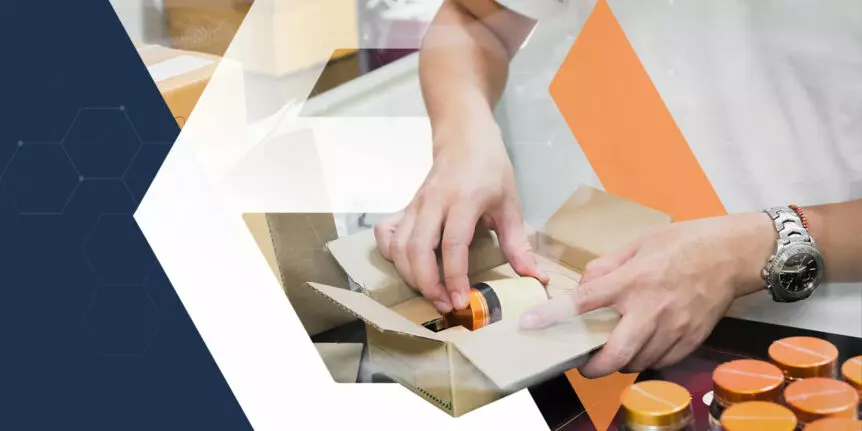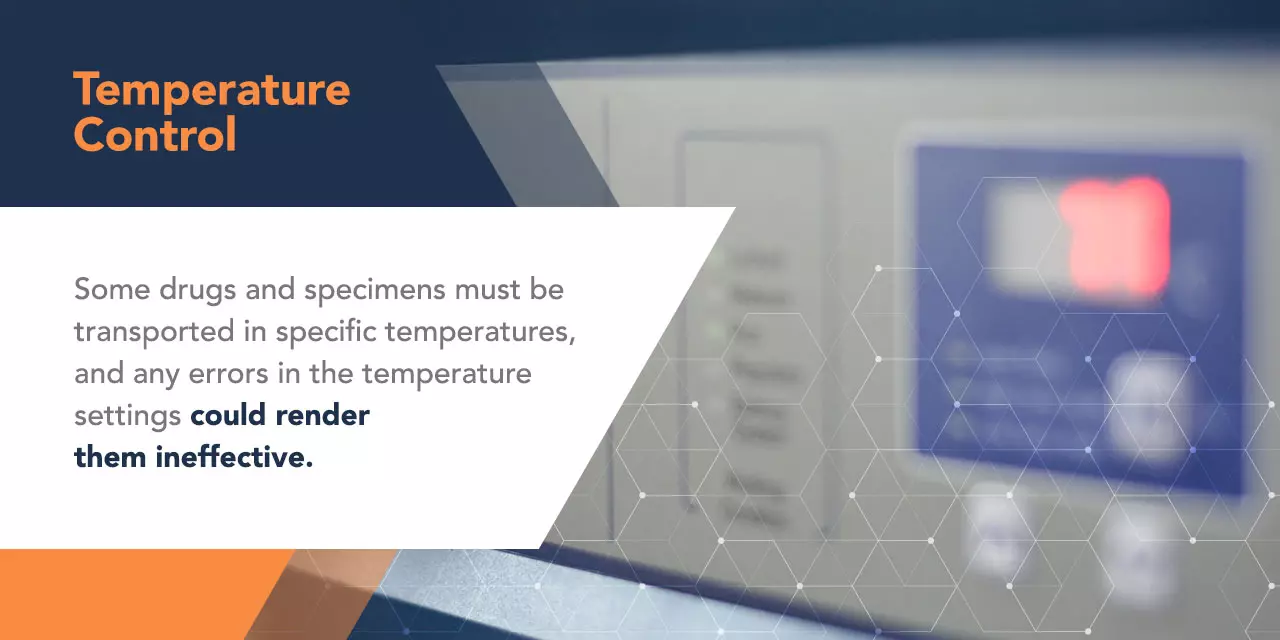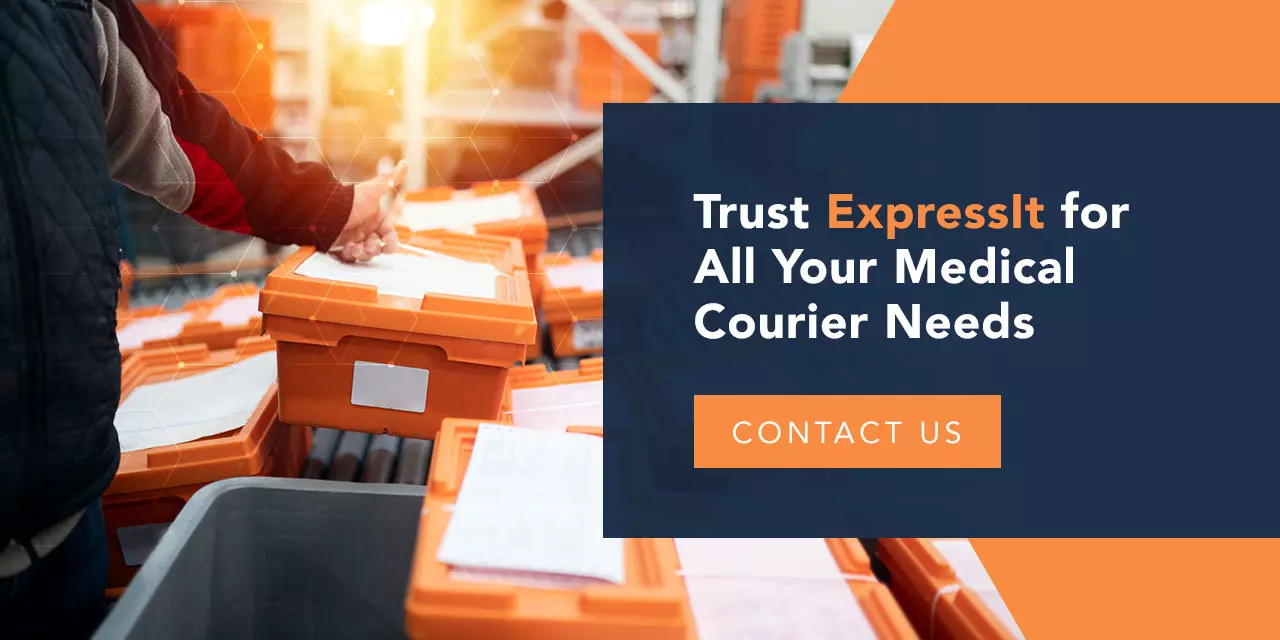Medical deliveries face unique challenges. Delayed, damaged or lost deliveries are more than inconvenient. They can be life-threatening. The final mile accounts for about 40% of global logistics costs, a necessary expense for health care providers. Still, health care professionals must tackle several common issues with medical delivery, including correct transportation of urgent, fragile or hazardous goods.
Problems in the final mile of the delivery supply chain can lead to unfulfilled orders, which is not an option in health care. Taking all the necessary steps to ensure the last leg of the journal runs smoothly is essential for health care personnel to ensure the well-being of their patients.
What Is Final Mile Delivery?
As the name suggests, last-mile delivery — also known as last mile or white glove delivery — is the final step in the delivery process, the penultimate stage before the product arrives at its intended destination. In the health care industry, final mile delivery can mean anything from a specimen arriving at the lab for delivery to a specific medication arriving at a health care facility to be prescribed.
While last-mile delivery is an important logistical aspect for many industries to consider, it’s critical in health care. The goods in transit could be life-saving.
What Makes Medical Delivery and Transit Needs Unique?
The importance of medical couriers is challenging to ignore. Nobody likes to wait for a package, but medical delivery is unique because couriers must meet many criteria to complete the job successfully.
Medical couriers are responsible for delivering health care equipment, specimens, medical records, vaccines and urgent medical care supplies, such as organ or blood donations. They have critical timelines to consider, and the items they’re transporting may be useless if they don’t meet their delivery times. Another unique issue is that some items in transit must be kept in a temperature-controlled environment.
Challenges Facing Last Mile Delivery in Health Care
The common issues with medical final mile delivery include the following:
Critical Timelines
One of the challenges of lab specimen delivery — and even more so in critical deliveries like organ and blood donations — is the time-sensitive nature of the task. Changes and additions to the route further complicate delivery schedules as more critical deliveries arise.
Dispatchers, drivers and transport managers may find these factors challenging, and medical professionals can’t take chances. A reliable medical courier is essential to streamline successful health care service delivery, and health care workers must work with service providers they can trust.
Temperature Control
Temperature is one of the common issues with medical delivery. Depending on the goods, the driver may have to monitor the temperature of the goods throughout the delivery. Some drugs and specimens must be transported in specific temperatures, and any errors in the temperature settings could render them ineffective.
Last-mile delivery couriers must have suitable trucks to complete temperature-controlled deliveries, and the drivers are well-versed in handling such sensitive items.
Secure Packaging
Keeping equipment sterile is one of the challenges of medical equipment delivery. Lab specimens must also remain unspoiled for testing. Medical couriers face a unique challenge in maintaining the integrity of the packaging of health-related items.
Many medical packages are also fragile, and breakages make them unusable. Medical couriers must assure their customers they will handle all packages with the utmost care.
Keeping packages intact is further complicated by the time-sensitive nature of medical deliveries. Your courier will likely require specialized equipment and training for successful deliveries.
Training
Medical deliveries can be life or death. Transporting supplies is only one element to consider. Drivers without sufficient training may not know how to handle the specialized requirements of medical deliveries. Sometimes, the driver may also need to know how to set up the equipment on arrival.
Drivers transporting medical equipment should have transportation of dangerous goods (TDG) certification, so you can rest assured they understand the requirements for medical shipping and can tackle any challenges that may arise.
Security
Medical shipments require high levels of security, as they may include someone’s personal information, expensive equipment, dangerous items or large quantities of prescription medication. Losing track of critical medical supplies is not an option. Drivers should also be wary of theft.
Inefficient Routes
Saving time is essential for medical deliveries. Inefficient route planning can delay critical deliveries and incur additional costs for both parties. For last-mile deliveries, route planning must be efficient and of a high standard to ensure no unnecessary delays, which could result in loss of temperature control or missing a critical window for patients.
Lack of Visibility
As many medical deliveries require special handling, all parties involved must know the delivery status at any time. Shipping medical supplies involves several moving parts, such as temperature control, safe storage and time. The inability to track deliveries could result in failure to meet these requirements.
How to Improve Medical Final Mile Delivery
Final mile medical delivery has many challenges. It’s not something you can fix with trial and error. When you’re expecting a delivery, you must be able to trust your courier to prevent challenges, handle obstacles and deliver your supplies promptly.
Choosing a courier specializing in medical deliveries is essential to ensure medical goods arrive on time, undamaged and at the correct temperature. Using a specialist medical courier is vital for many reasons, including the following:
- Well-trained delivery professionals: Working with couriers with specialist training and equipment for the health care industry means they understand the time constraints and can take the necessary steps to protect items. Your delivery professionals should be HIPAA compliant and certified in handling hazardous materials and bloodborne pathogens.
- Cost-effective deliveries: Using a medical courier can result in cost savings as you can eliminate the need for internal staffing for deliveries. Your courier offers detailed tracking and reporting — you can use this data to reduce future costs.
- Innovative technology: Medical couriers use the latest technology to streamline their deliveries and reduce the chances of human error, such as GPS tracking and barcode scanning, so you always know where your items are in real time.
- Reliable delivery times: With a medical courier, you have various services at your disposal, from same-day and last-mile delivery to routed delivery, so you can choose the delivery method that suits your schedule and ensure your packages reach you when you need them most.
- Effective delivery management: Your medical courier has all the required equipment for sensitive deliveries, such as personal protective equipment (PPE) and spill kits, to tackle unique medical industry challenges.
Trust ExpressIt for All Your Medical Courier Needs
Having peace of mind with medical deliveries comes down to having a partner you can trust. ExpressIt Delivery services have over 38 years of experience in the delivery industry and can transport a vast range of medical products, including organs for transplants, prescription drugs and patient files.
We can also help you tackle the common issues with lab delivery with multiple delivery and courier services to transport anything from lab samples to hazardous materials. We’ll work within your budget to create a medical supply chain you can rely on, and we’ll work to meet your unique needs with custom delivery plans that suit medical requirements. Please reach out to us if you want to feel peace of mind regarding your medical deliveries.



